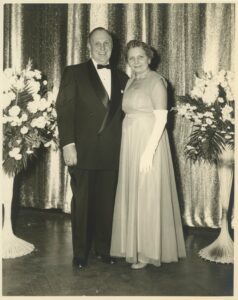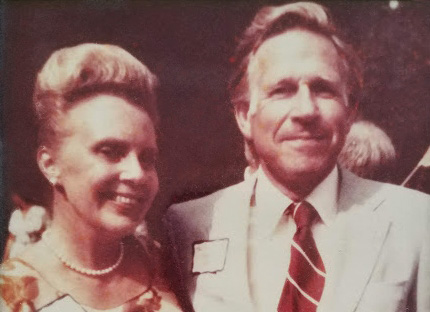Kevin McVeigh Papers
Temporarily stored offsite; contact SCUA to request materials from this collection.
A lifelong activist for social and environmental justice, Kevin McVeigh was among the founders of two prominent antinuclear and environmental organizations in Northern California, the Pelican Alliance (1978) and Interhelp (1981). After relocating to Massachusetts, he continued in environmental activism, founding the Green River Center in Greenfield in 1987, but in response to the intense public health crisis, he gradually shifted his focus to become an advocate for persons with HIV/AIDS. As a founder of the AIDS Community Group of Franklin County (Mass.), he has coordinated AIDS services for Tapestry Health, a not-for-profit organization providing affordable health care to in Western Massachusetts.
The McVeigh Papers document a career as a committed antinuclear activist and advocate for persons with HIV/AIDS. The collection includes organizational materials from each of the groups McVeigh helped found: The Pelican Alliance, Interhelp, the Green River Center, the AIDS Community Group of Franklin County, and Tapestry Health, as well as correspondence, newspaper clippings, journals and magazines related to the issues concerning, notes from HIV/AIDS caregivers’ conferences, materials relating to men’s support groups, and other material related to environmental protection and anti-war activism. Finally, the collection includes audio files of an oral history (approximately two hours) conducted with McVeigh in July 2010, and a small collection of antinuclear books from small publishing houses.



